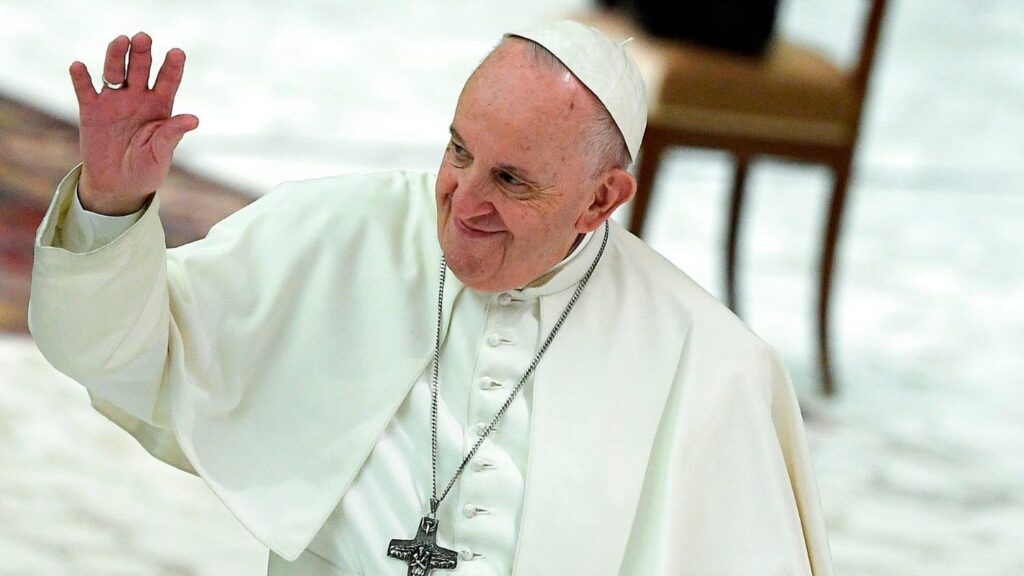Authority and Good Humor
How to Exercise Authority with Serenity and Empathy to Foster Personal and Social Growth

When faced with erroneous actions or behaviors, authority corrects, sanctions, and punishes, as is inherent to its exercise. However, why does a parent, a teacher, or any other authority holder get angry when exercising their responsibility to correct? I’m not advocating impassiveness or impeccability. However, this question could be rephrased: Is it a natural condition to become angry when exercising authority? Perhaps not natural, but frequent, because every rule has its exceptions. Aside from temperament, the seriousness of the act, and its repetition—which has its merits—what is the reason for such an unbridled reaction? Is it the texture of a perception that values an act or behavior as categorical and decisive, to the point that there is no choice but to respond with anger? To the point that both the action and the erroneous behavior expressed by a child or young person will frame and determine the course of their life? Indeed, the path to maturity isn’t easy; it’s littered—spatially, it should be said—with stumbles, bad decisions, and the experience of the consequences of trial and error. Faced with the novelty of a brand-new world to which one must embrace and adapt; the not-always-peaceful discovery of strengths and weaknesses, a process of contrast—in everyday life and in personal relationships—it’s quite likely that, through ignorance or on purpose, they will err and rebel against instructions or warnings.
The process of personal and social maturation is a clear sign that it’s up to parental and school authority to educate, train, correct, and discipline when the situation warrants it. But it must be done with good humor, which is the result of putting things into perspective and understanding that these actions are part of personal growth and improvement. Good humor doesn’t encourage omission or the relinquishment of authority. Setting things straight is synonymous with a bitter pill to swallow for those who set things straight and for those who need to be set straight.
The purpose of exercising authority is not to punish, but to improve and sustain. Hence, the importance of understanding the good and the value to be achieved in the person one seeks to develop. Authority is exercised so that the child complies with their study schedule, so that they will be hardworking. The desired good must be prioritized over what the person in authority dislikes, given that a certain action does not fit with their standards or desires. This mismatch often unleashes the storm of anger, which does not reap ripe fruit.
Good humor helps one think rationally. Thinking this way fosters hope—seeing light at the end of the tunnel—if one remains firm and cheerful in pursuing the good identified, the child or young person will eventually make it their own as part of their personal heritage. Good humor relativizes, does not minimize mistakes, and encourages the authority to understand the good and the value of the child or young person so that they can confidently offer them the means for personal improvement.
Related

Cardinal Felipe Arizmendi: Passion for Christ, Passion for his People
Felipe Arizmendi
30 April, 2025
5 min

Dance: Strength, Delicacy, and Dignity
Mar Dorrio
29 April, 2025
2 min

The Four Seasons of Your Life: Much More Than Music
P Angel Espinosa de los Monteros
28 April, 2025
3 min

A Pope Never Goes Away
José Antonio Varela
28 April, 2025
4 min
 (EN)
(EN)
 (ES)
(ES)
 (IT)
(IT)

